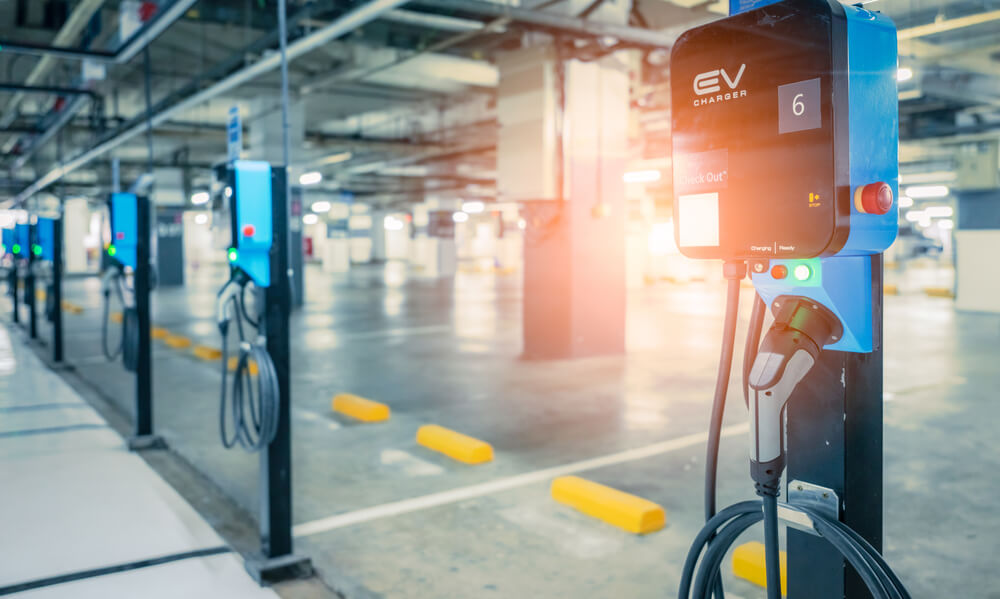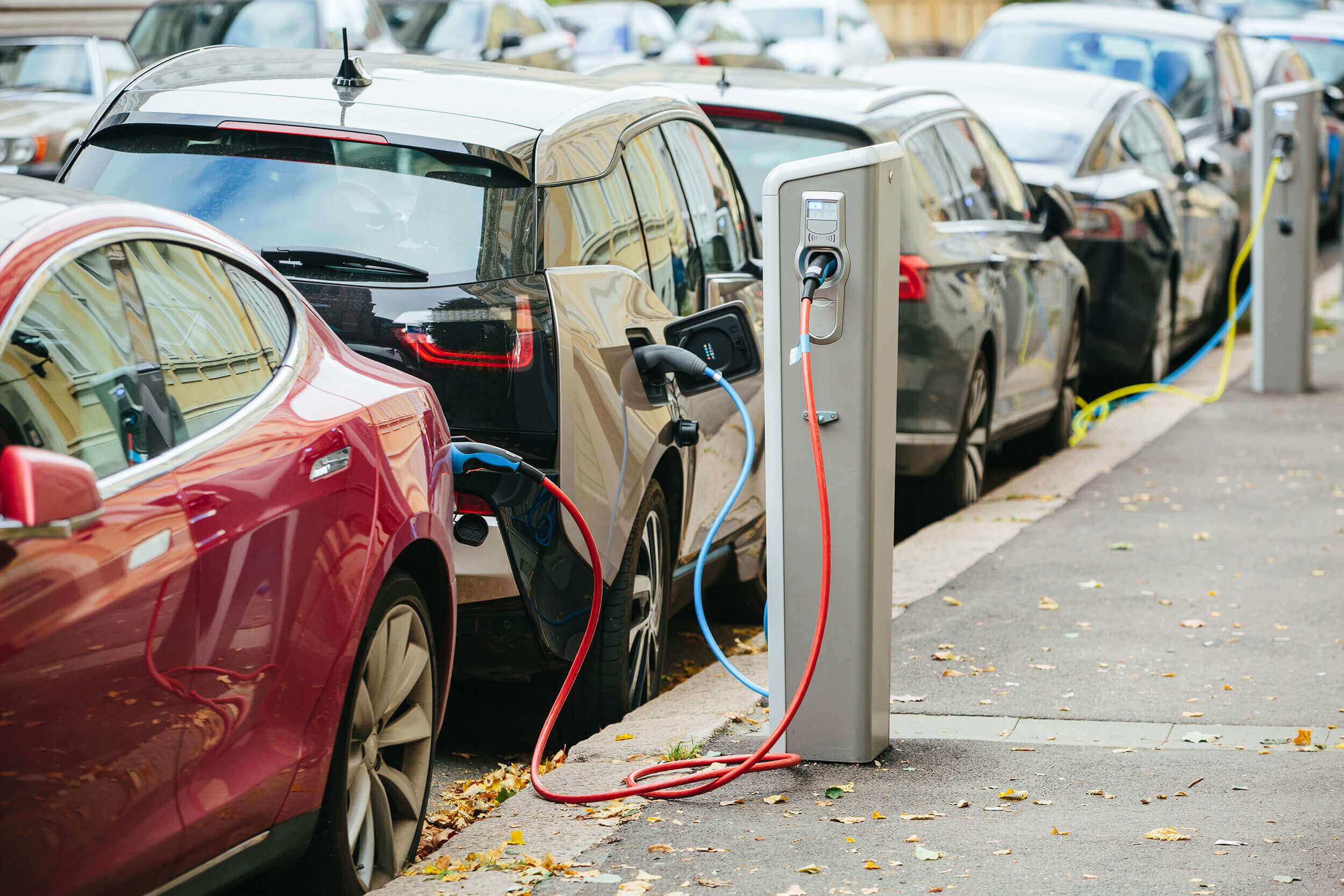Electric vehicles are slowly gaining more traction among motorists. In fact, in 2020, the UK was among the largest markets for EVs (electric vehicles) in Europe, with sales going up 140% year-on-year, according to statista. However, there are still many people who have doubts about electric cars that stop them from making the change. One of these is range anxiety. Read on to understand what range anxiety is, and how these fears can be abated.
What is Range Anxiety?
Electric vehicle range anxiety refers to a fear that your vehicle might run out of charge during a journey, and you cannot access a charging point.
At the time of writing, the average range of an electric vehicle is 191 miles. According to Google Maps, the distance from London to Manchester is 211 miles. This means that anyone doing this journey in an electric vehicle will need to plan in at least one stop for charging – a factor that can seem a bit daunting to anyone new to EVs.
However, once you have a good understanding of the country’s charging infrastructure, and you’ve gotten used to journey planning with an EV, such anxieties can be put to bed.
What to Do About Electric Vehicle Range Anxiety
If range anxiety is the reason that’s stopped you making the switch to an EV, you’ll feel better knowing that the UK is more than prepared to accommodate you.
The UK Has More Electric Charging Points Than Petrol Stations
According to EDF Energy, there are over 42,000 electric charging ports in the UK, in more than 15,500 locations. There are actually more places to charge an EV than there are places to fill up with fuel. In 2020 alone, there were 7,000 new charge points installed across the country, and more are being added all the time.
This means that you’re never too far away from a charging point, no matter where you are. In fact, zapmap offers a locater service so you can find one at any time. So, if you get low on charge during a long journey, there’s no need to worry about not finding a place to charge up.
Planning Your Journey
The most helpful way to soothe range anxiety is to properly plan your journey. After a few weeks of driving an electric vehicle, you will get used to its capabilities concerning range and charge time. Once you have this information, you’ll be able to plan out all your journeys better.
For a journey that will cover more mileage than your vehicle has range, you’ll need to factor in when you want to stop to charge, and how long this will need to be for.

How long does it take to charge an EV?
Unfortunately, the answer to this massively varies depending on the car and the type of charger you’re using. There are three types of charging options – slow charging (5kW-3kW), fast charging (7kW and 22kW), and rapid charging (up to 350kW).
The slow charging option is what most people do at home using a wall charger installed for this purpose. In this case you would leave the EV charging throughout the night.
Rapid chargers and fast chargers are what you will find at public charging stations, and these can fully charge a vehicle in as little as two hours. Obviously, this still may not be convenient during a long journey, and so most people stop for 30 minutes to an hour, to do a partial charge. A 30-minute stop using a rapid charger could top up your EV with 90 miles or so, which may be enough to complete your journey.
Understanding these timings is what can give some potential EV drivers range anxiety. At first it may seem daunting, but when you know what types of chargers you will have access to during the journey, plus how long it takes to top up your vehicle with the necessary mileage, you can plan your trip accordingly.
Factoring in Charging Time During a Journey
On a long journey, you might get away with a short 30-minute stop at a service station to charge and top up your mileage, or you may need to plan in a longer stop for a bigger journey.
In the latter case, it might be worth planning an overnight stay somewhere. If you could plug in your EV overnight into a professionally installed EV charger, you’ll be fully charged the next morning to continue your drive. Doing this also means that you don’t need to find a hotel that offers a designated charging port. Instead, you could stay over with a friend or relative, especially if there is a neighbourhood charging system in place. Co Charger, a company devoted to neighbourhood EV charger sharing, enables EV drivers to find hosts who are willing to rent out their chargers.
New technology is constantly being worked on to help facilitate EV charging, which will help to alleviate range anxiety. One such piece of technology is EV lamp post charging. A number of lamp posts in the UK – in London especially – have already been converted to offer EV charging, and more are on the way. Ubitricity, part of the Shell group, has announced that they are aiming to install 50,000 EV charge posts in the UK by 2025 – many of which will be on lamp posts. When these are all up and running, it will be even easier to find somewhere to park up and charge for a few hours – if not overnight.
Many of those who make long journeys frequently, but also use their car for a daily commute, have opted for a hybrid vehicle for the time being. For anyone suffering with range anxiety, a hybrid could be the best option for now as it offers the best of both worlds – you can use fuel for long journeys, and electric power for the commute.
The UK government is constantly working on expanding infrastructure to support more EVs on the road, as well as incentivising their purchase. As well as this, manufacturers are always working on improving electric car range, to attract more buyers and make electric vehicles suitable for all. Considering the continuing changes and improvement, range anxiety should soon be a thing of the past.
For anyone who has already taken the plunge and moved over to an electric vehicle, get in touch with the specialist insurance experts at Keith Michaels for EV insurance.


